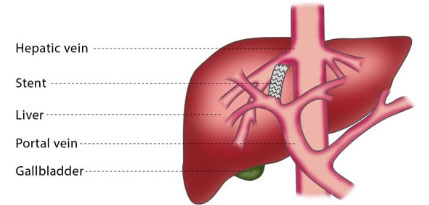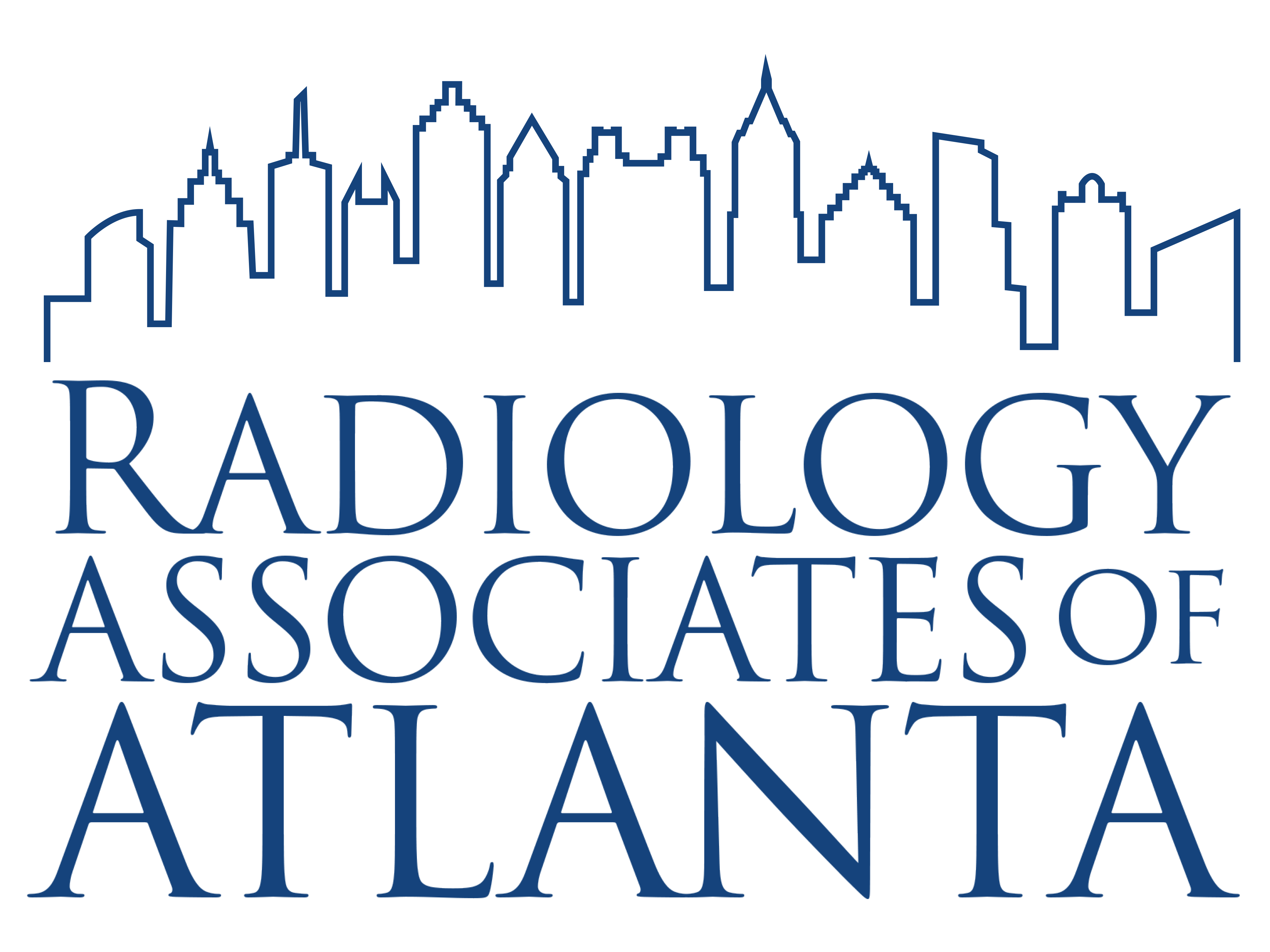What is TIPS and why is it performed?

A Transjugular Portosystemic Shunt or TIPS is a procedure performed in patients to treat complications related to portal hypertension from chronic liver disease. Chronic liver disease causes scarring (fibrosis) and in more advanced cases, cirrhosis. The structural changes in the liver block or narrow small blood vessels in the liver. Because blood is not as easily passing through the liver, pressure begins to build up in the portal vein, which is the vein draining blood from the digestive tract and spleen into the liver. This increased portal venous pressure is called portal hypertension. One of the common complications from portal hypertension is formation of new enlarged and fragile blood vessels called varices, which can rupture and cause life-threatening bleeding. Another common complication is formation of ascites (fluid build up in the abdomen) which may require frequent paracentesis to drain the fluid. A TIPS is a stent between the hepatic vein and portal vein placed to partially bypass the liver and reduce the pressure in the portal veins. The reduced pressure improves the complications of portal hypertension.
How is TIPS performed?
TIPS is a minimally invasive image-guided procedure performed by an interventional radiologist. You will be under general anesthesia. The procedure is performed through a small incision in the neck where coaxial thin tubes called a sheath and catheter are navigated into a vein in your liver. A needle is then passed through the liver into the portal vein under live X-Ray guidance. Once access from the hepatic vein (liver vein) to the portal vein has been established, a small stent is deployed to connect the two veins. This creates a new pathway for the blood to flow and partially bypasses the liver.
Risks of TIPS
As with any medical procedure, there are some risks of TIPS. Some bleeding could occur during or after the procedure. There is a small risk of infection. Risks specific to TIPS include:
Hepatic Encephalopathy: Hepatic encephalopathy is a risk of TIPS that varies in intensity depending on multiple factors including the size of the stent, baseline liver function, and other patient specific factors. Symptoms include confusion, forgetfulness, or difficulty concentrating. Patients are generally placed on medications to prevent hepatic encephalopathy after getting TIPS.
Liver failure: In rare cases, the procedure may lead to liver failure. This risk is mitigated by careful patient selection and procedural planning.
Heart failure: This complication is caused by increased blood flow to the heart, and is generally seen in patients with pre-existing ventricular dysfunction or severe pulmonary hypertension. This complication is rare especially with careful patient selection.
Shunt dysfunction: The shunt can become narrowed or blocked causing malfunction and recurrence of portal hypertension. This usually requires a second less involved procedure to re-open the stent.
What to expect after TIPS
In the case of an outpatient TIPS, most patients will stay in the hospital for 1-2 days for observation. Pain or discomfort from the procedure is typically mild and managed with medication. Mild bruising at the access site in the neck may occur. Most patients will be able to return to normal activity within 1-2 weeks. New medications that may be added include lactulose and rifaximin to prevent hepatic encephalopathy (HE). Routine monitoring of the shunt will occur with regular Doppler ultrasound to ensure that the shunt remains open and functional. Ascites should improve in the first few weeks after TIPS. Variceal bleeding should be expected to stop immediately after TIPS.
We work closely with the Hepatologists at Piedmont Atlanta Hospital for patient selection, periprocedural care, and monitoring using imaging for TIPS. Our group is highly skilled with TIPS placement and revision, consistently performing among the highest volumes of these procedures nationwide.
If you are interested in learning more about Transjugular Intrahepatic Portosystemic Shunt (TIPS) or would like to schedule a consultation, please contact our office at (470) 806-5026, or enter your information online and we will get back to you.
